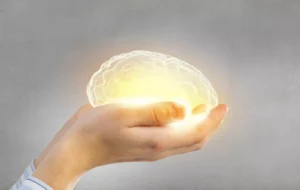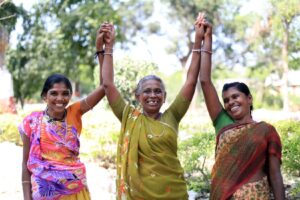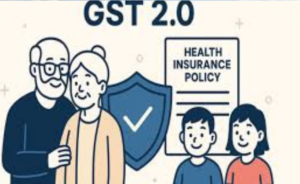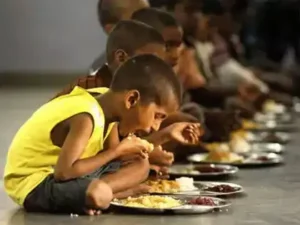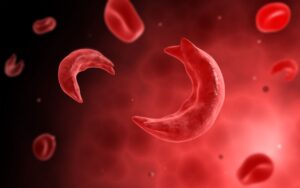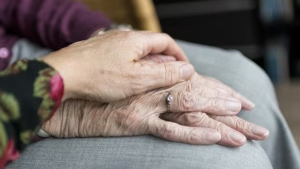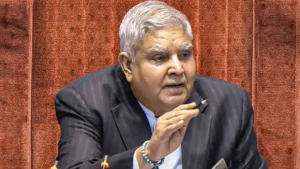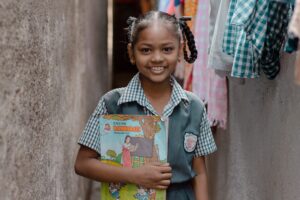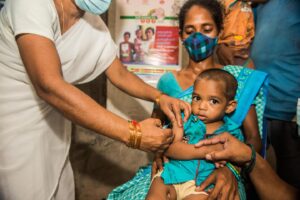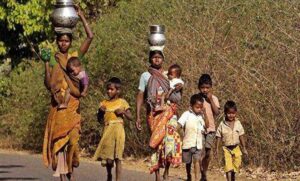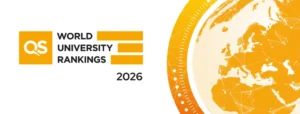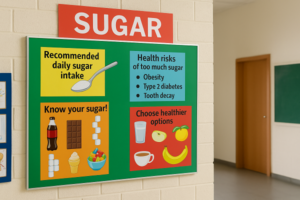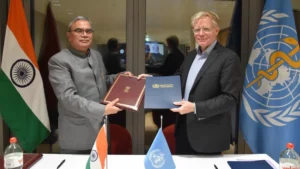Skip to content
WHO Report on Global Mental Health Crisis
Property Rights, Tribals and the Gender Parity Gap
GST 2.0 and Its Potential Impact on Dietary Health
India’s Demographic Transition
India’s Role in Ending Global Hunger
National Sickle Cell Anaemia Elimination Mission (NSCAEM)
India’s Silver Economy and Elderly Care
Advisory on Hidden Fats and Sugars
Challenges Facing the CUET Framework
Vice-President’s Call for Education and Tech Reforms
Tamil Nadu’s TN-KET for Tuberculosis Control
Eat Right India Initiative
WHO’s ‘3 by 35’ Initiative: Tackling NCDs with Health Taxes
Spotlight on NIPUN Bharat
India’s Zero-Dose Immunisation Gap
Reimagining Poverty Metrics in India
QS World University Rankings 2026
WHO Agreement on Traditional Medicine
Antibiotic Access Disparities in LMICs
